Shopify has created so many fast growing businesses that they quickly outgrow many of the capabilities which the platform provides to run the back office of a business, leading it's users to require ERP software.
In this post, we'll look at some of the top choices for ecommerce businesses using Shopify who require ERP software.
ERP for Shopify
So which ERP systems should users of Shopify consider? Let's take a look at some of the popular choices.
NetSuite
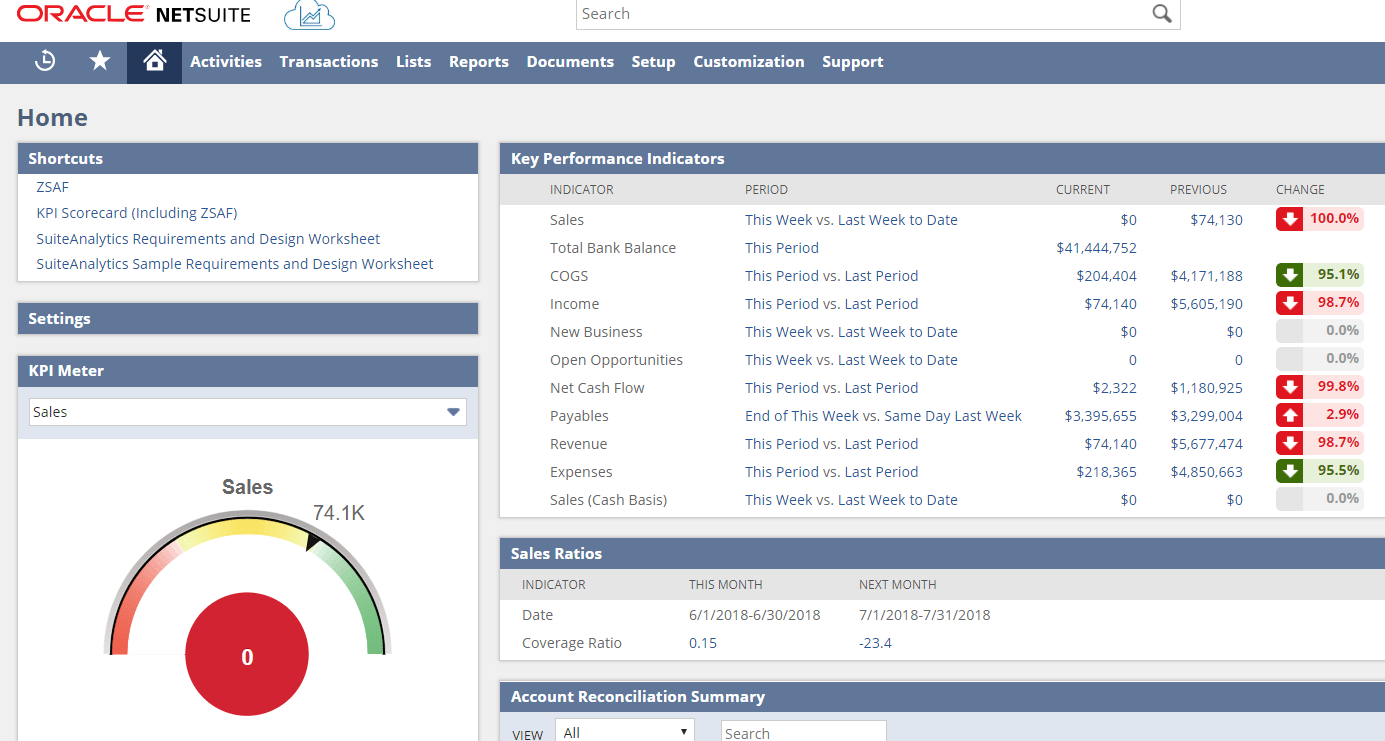
Netsuite is a cloud-based ERP system that is popular among ecommerce companies due to its ability to handle multiple business functions, including financial management, inventory management, order processing, and customer relationship management. Its integration with Shopify enables businesses to automatically transfer order and customer data from Shopify to Netsuite, allowing for real-time inventory updates and automated order processing.
Pros:
- Seamless Integration: NetSuite offers robust APIs and pre-built connectors for easy integration with Shopify.
- Real-Time Data Sync: Inventory, orders, and customer data can be synchronized in real-time.
- Scalability: NetSuite is highly scalable, making it suitable for growing businesses.
- Comprehensive Features: Offers a wide range of functionalities including financials, CRM, and supply chain management.
- Cloud-Based: Being cloud-native ensures easier updates and maintenance.
Cons:
- Cost: NetSuite can be expensive, especially for small businesses.
- Complexity: The system's extensive features can be overwhelming and may require specialized training.
- Customization Limits: While customizable, some specific needs might require third-party solutions.
- Implementation Time: The setup and integration process can be lengthy.
- Occasional Latency: Users have reported occasional delays in data synchronization.
Acumatica
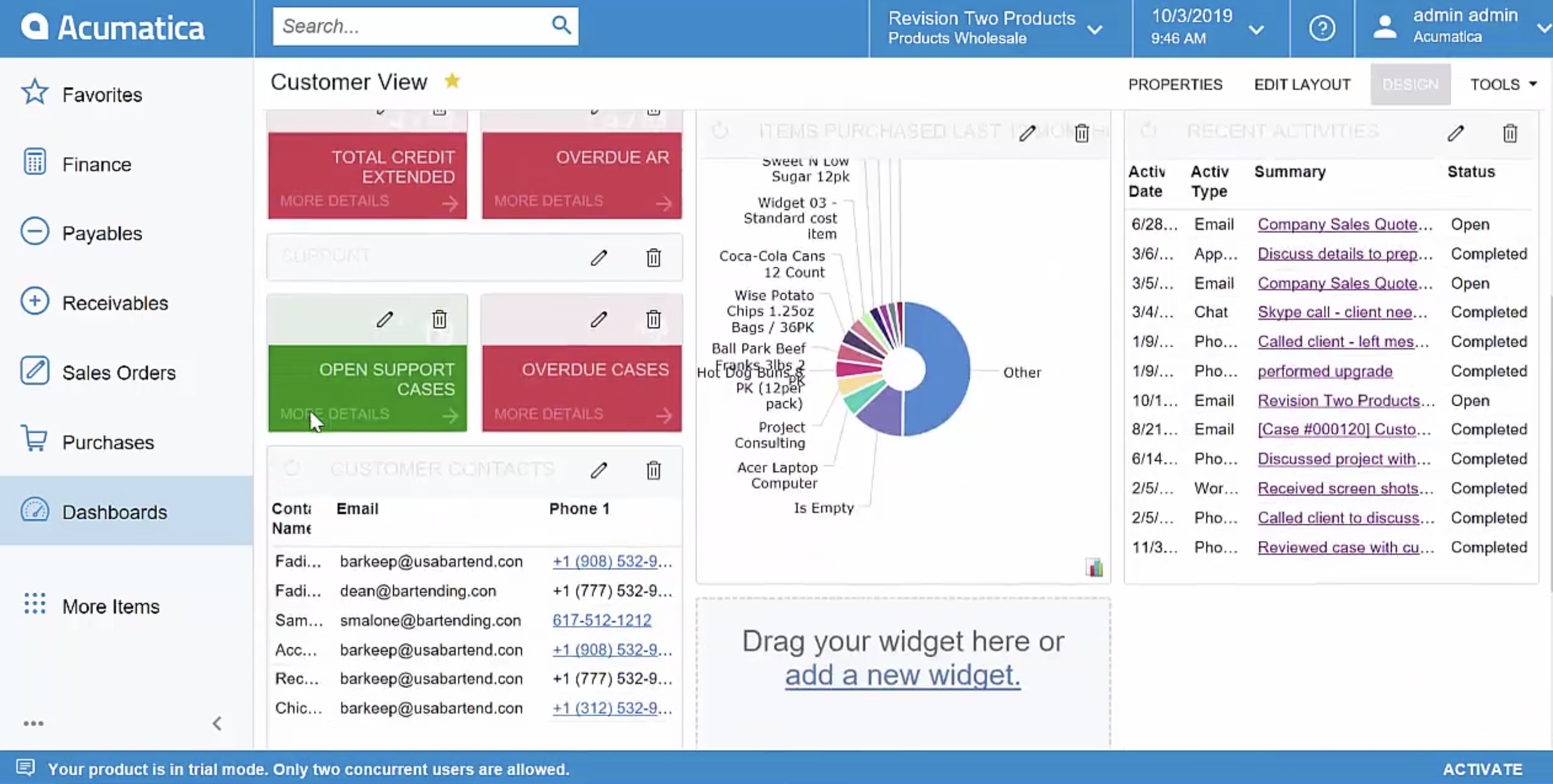
Acumatica is another cloud-based ERP system that offers a wide range of features for ecommerce companies. In addition to the typical functions of financial management, inventory management, and order processing, it also includes features such as project management and time and expense tracking. Its integration with Shopify allows businesses to synchronize customer and order data between the two systems, ensuring that data is consistent across both platforms.
Pros:
- Flexible Deployment: Offers both cloud-based and on-premise solutions.
- User-Friendly: Known for its intuitive user interface.
- Customization: Highly customizable to meet specific business needs.
- Strong Inventory Management: Offers robust features for distribution and inventory management.
- Open API: Makes it easier to integrate with Shopify.
Cons:
- Cost: Licensing can be expensive.
- Limited Global Reach: May not have as many international features as other ERP solutions.
- Learning Curve: Some features can be complex to understand initially.
- Limited Pre-built Connectors: May require custom development for some integrations.
- Updates: On-premise versions may require manual updates.
Infor CloudSuite Industrial
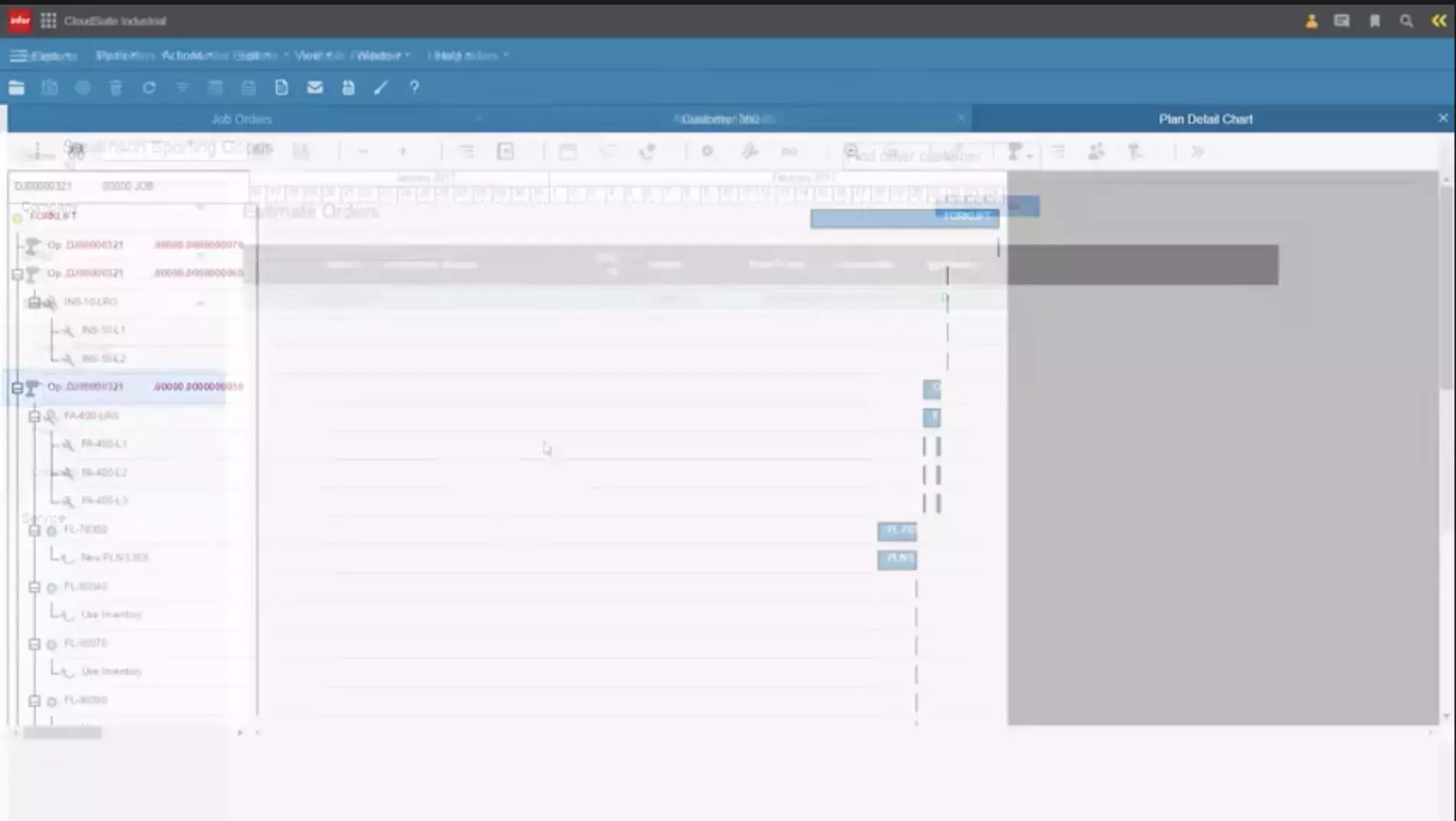
Infor Cloudsuite Industrial is a robust ERP system that is designed for industrial companies, including those in ecommerce. Its features include supply chain management, financial management, and order processing, as well as customer management and reporting. Its integration with Shopify enables businesses to streamline their order processing and inventory management, while also providing real-time updates and insights into their operations.
Pros:
- Industry-Specific Features: Offers features tailored for manufacturing and distribution.
- Scalability: Can scale with the growth of the business.
- User Experience: Known for a user-friendly interface.
- Strong Analytics: Offers robust business intelligence tools.
- Flexible Deployment: Available both on-premise and in the cloud.
Cons:
- Cost: Licensing and implementation can be expensive.
- Limited Ecosystem: Fewer pre-built integrations compared to competitors.
- Learning Curve: Some features may require a steep learning curve.
- Updates: On-premise versions may require manual updates.
- Integration Challenges: May require custom solutions to integrate seamlessly with Shopify.
SAP Business One
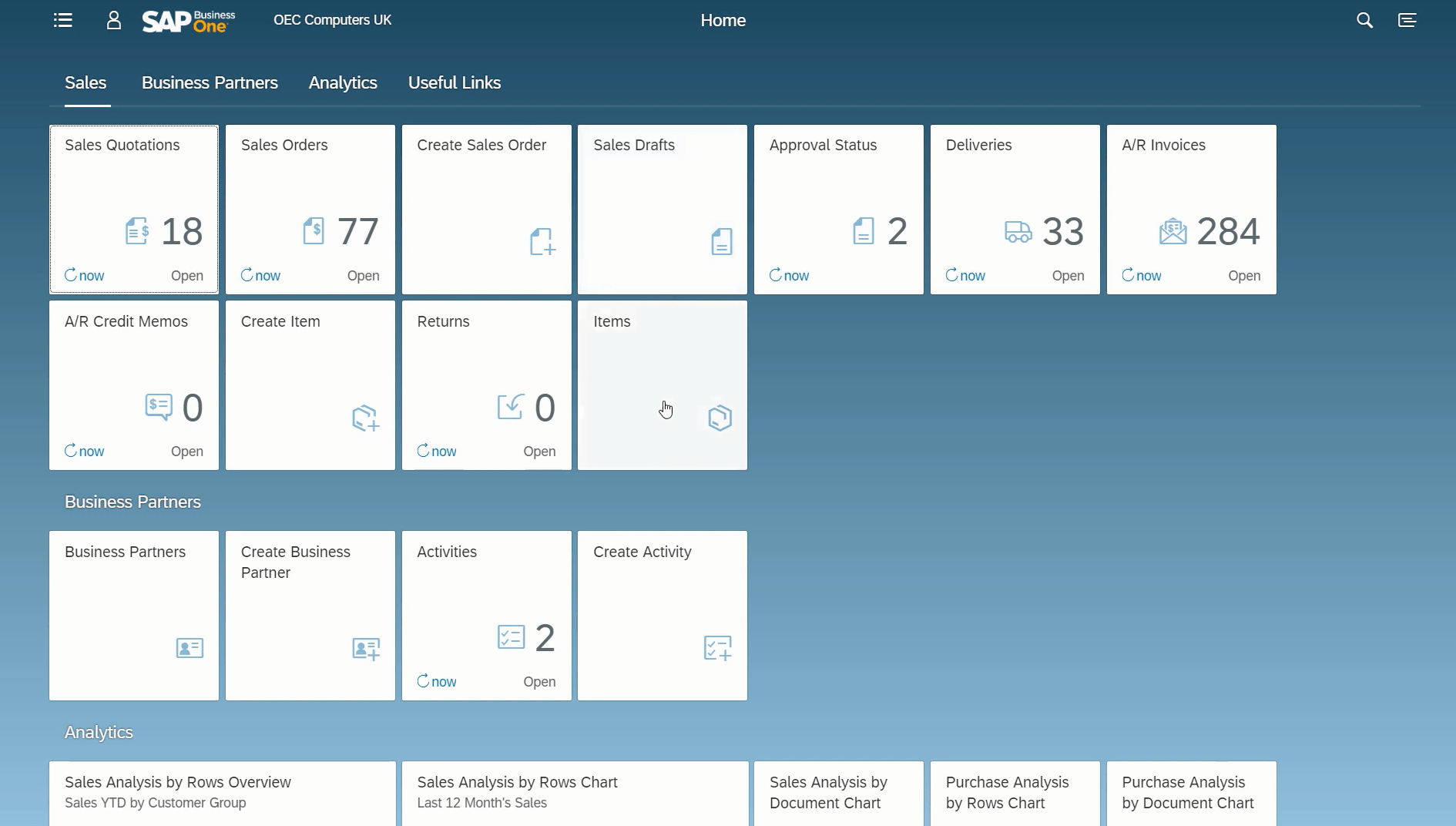
SAP Business One is a comprehensive ERP system that offers a range of features for small to medium-sized businesses, including financial management, sales and customer management, and inventory management. Its integration with Shopify allows for seamless data transfer between the two systems, enabling businesses to keep track of inventory levels and process orders efficiently.
Pros:
- Industry Standard: Trusted and widely used, especially in the manufacturing and distribution sectors.
- Strong Financials: Offers robust financial management features.
- Scalability: Suitable for both small and growing businesses.
- Global Network: Extensive global support and localization features.
- SAP Ecosystem: Easy to integrate with other SAP products.
Cons:
- Cost: Can be expensive for small businesses.
- Complexity: May require specialized training and expertise.
- Limited Cloud Features: Cloud offerings are not as robust as some competitors.
- Customization: While possible, customization can be complex and costly.
- Integration Complexity: May require specialized connectors or custom development for Shopify integration.
Microsoft Dynamics 365
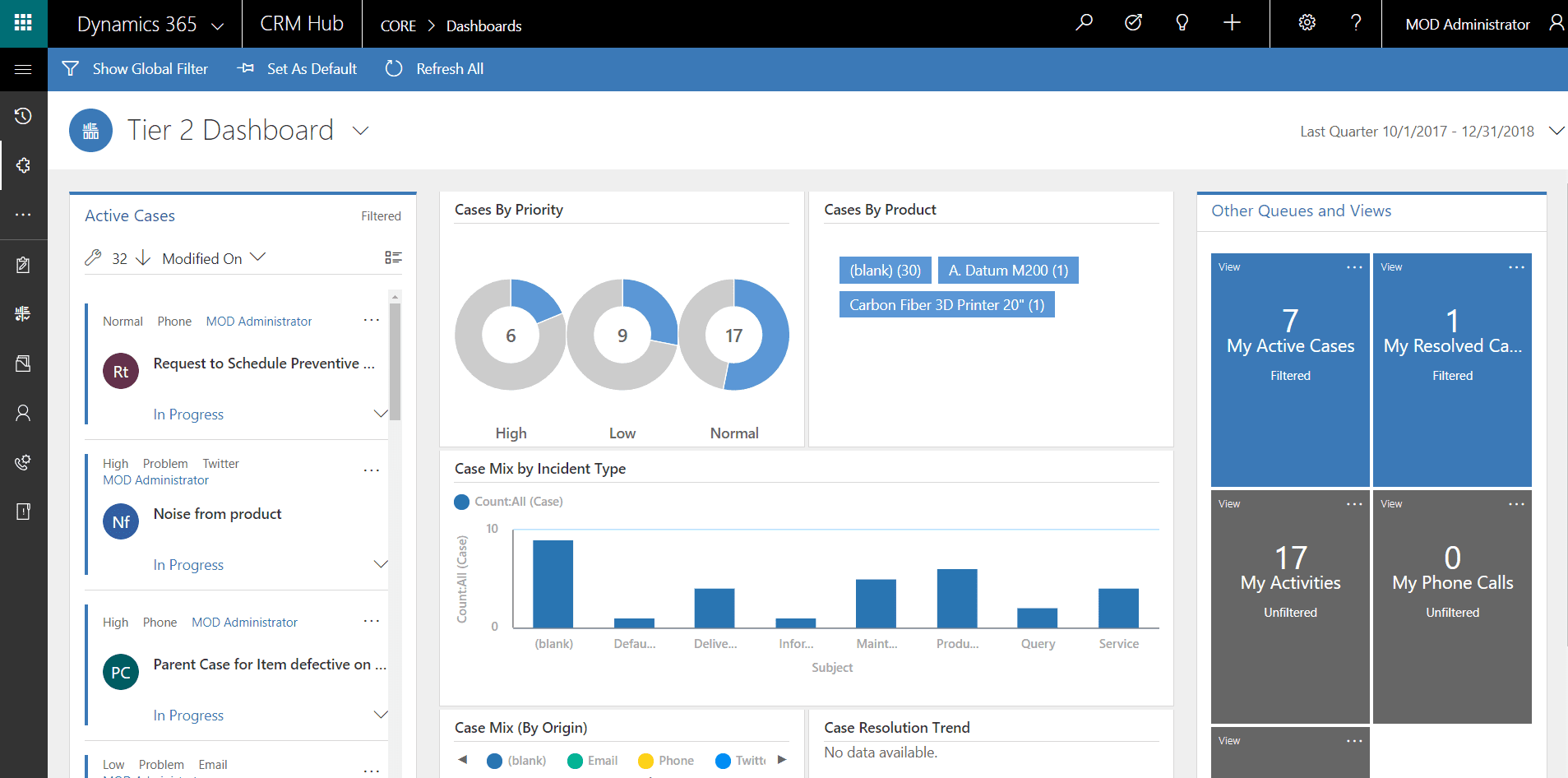
Pros:
- Integration with Microsoft Products: Seamless integration with other Microsoft services like Office 365.
- Scalability: Highly scalable and suitable for businesses of all sizes.
- Cloud-Based: Benefits from the robust Azure cloud infrastructure.
- Real-Time Analytics: Offers strong business intelligence capabilities.
- Global Support: Wide network of support and localization features.
Cons:
- Cost: Can be expensive, especially with additional modules.
- Complexity: Feature-rich but can be overwhelming.
- Customization Limits: Customization can be complex and costly.
- Learning Curve: May require specialized training.
- Limited Pre-built Shopify Connectors: Custom development may be needed for integration.
Odoo
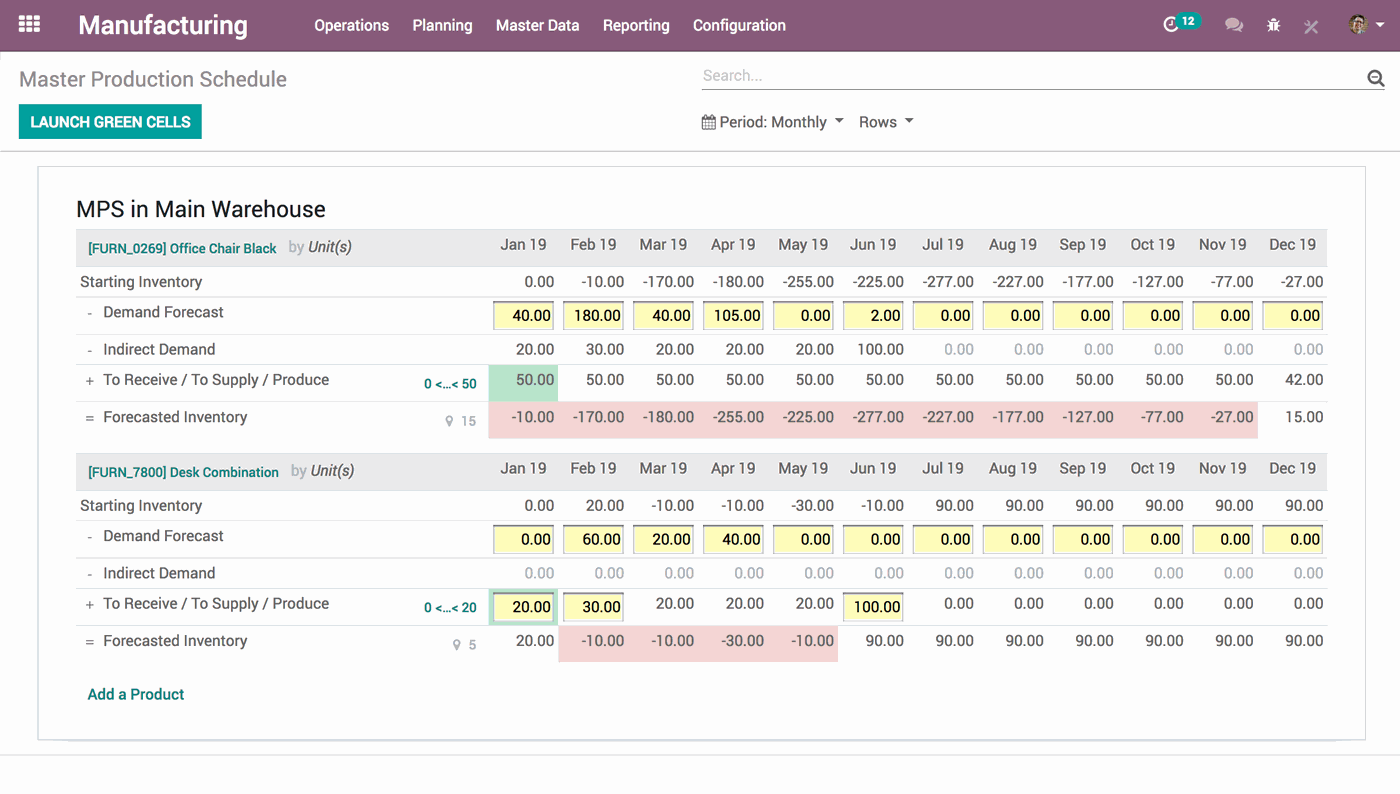
Odoo is an open-source ERP system that offers a modular approach to business operations, allowing businesses to select and customize the modules that best suit their needs. Its modules include inventory management, order processing, financial management, and marketing automation, among others. Its integration with Shopify allows businesses to automatically transfer customer and order data from Shopify to Odoo, allowing for real-time order processing and inventory updates.
Read our full Odoo Guide >>>
Plex ERP
Plex ERP is a cloud-based system that is specifically designed for manufacturers, including those in the ecommerce industry. Its features include supply chain management, inventory management, and order processing, as well as quality management and production management. Its integration with Shopify allows businesses to synchronize inventory levels, order processing, and customer data between the two systems, providing real-time updates and insights.
Syspro
Syspro is an ERP system that is well-suited for small and medium-sized ecommerce businesses, offering features such as financial management, inventory management, and order processing. Its integration with Shopify enables businesses to automatically synchronize their orders and inventory levels between the two systems, ensuring accurate tracking of customer orders and inventory.
Oracle ERP Cloud
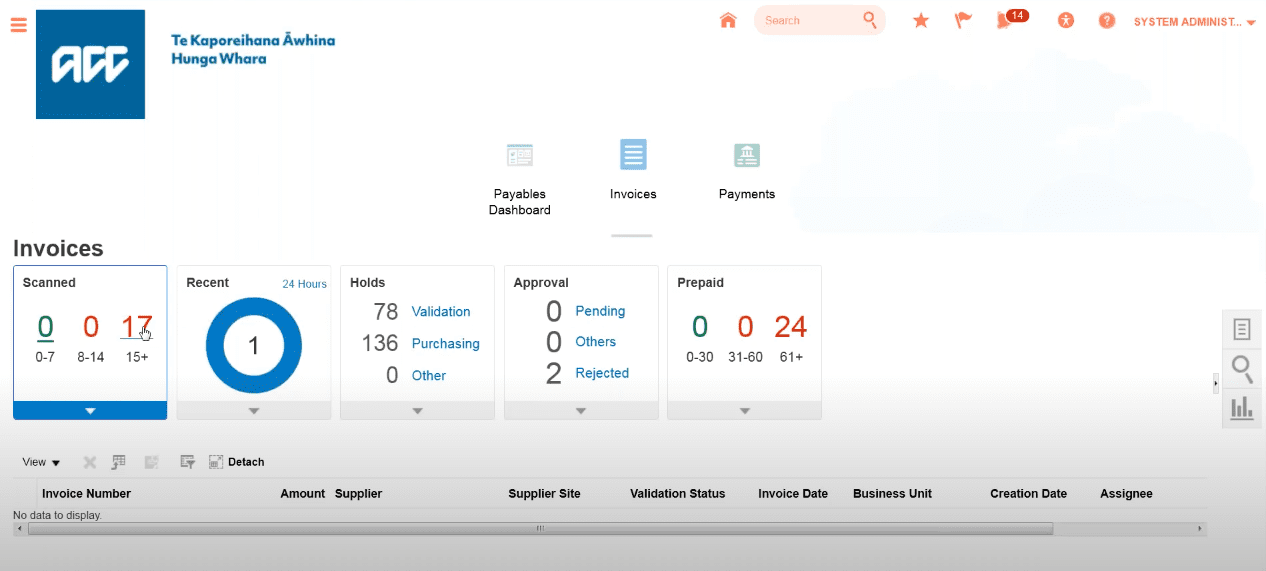
Oracle ERP Cloud is a cloud-based system that offers a wide range of features for ecommerce companies, including financial management, supply chain management, and inventory management. Its Shopify integration allows businesses to automatically transfer customer and order data from Shopify to Oracle ERP Cloud, ensuring that inventory levels are accurate and orders are processed efficiently.
Read our Oracle ERP Cloud Guide >>>
Priority ERP
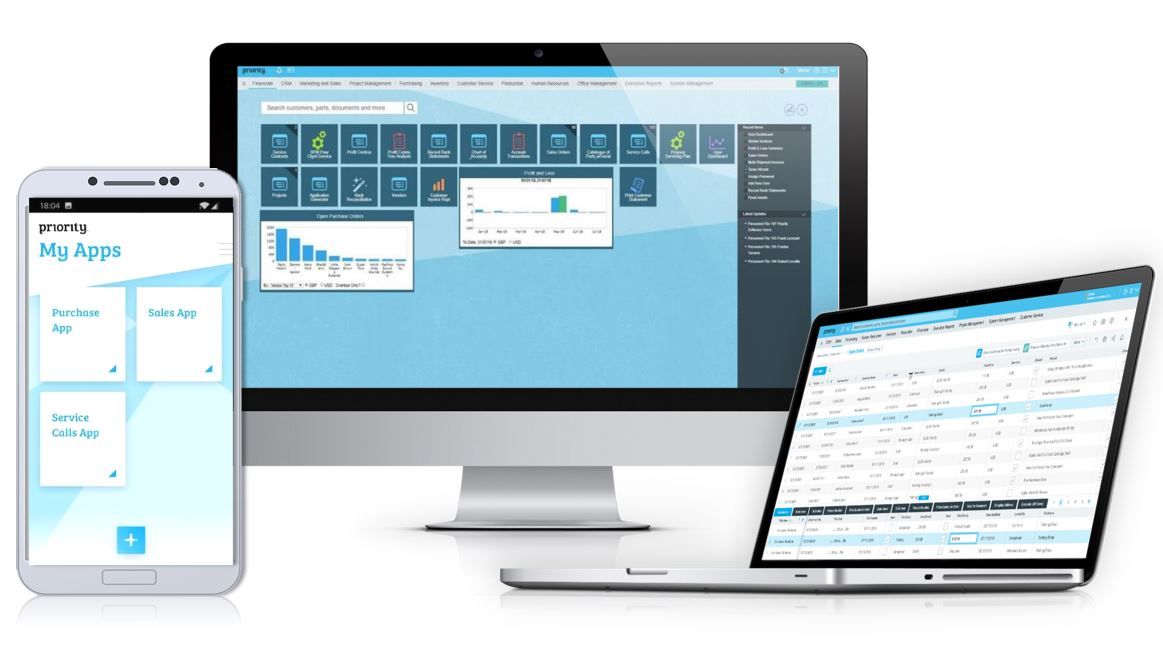
Priority ERP is a comprehensive system that is designed for small and medium-sized businesses, offering features such as inventory management, order processing, and financial management. Its Shopify integration allows businesses to synchronize order and customer data between the two systems, ensuring that inventory levels are accurate and orders are processed efficiently.
Read our guide to Priority ERP >>>
SAP Business ByDesign
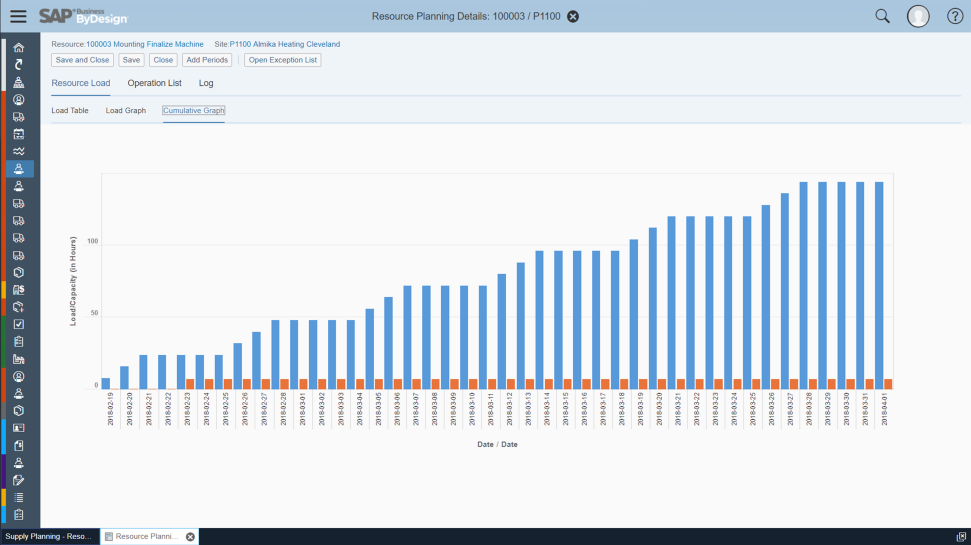
SAP Business ByDesign is a cloud-based ERP system that is designed for small and medium-sized businesses, offering features such as financial management, supply chain management, and order processing. Its integration with Shopify enables businesses to automatically transfer customer and order data from Shopify to SAP Business ByDesign, providing real-time inventory updates and order processing.
Read our guide to SAP Business ByDesign >>>
Sage X3
Sage X3 is an ERP system that is designed for businesses of all sizes, offering features such as supply chain management, inventory management, and financial management. Its Shopify integration allows businesses to automatically transfer order and customer data from Shopify to Sage X3, ensuring that inventory levels are accurate and orders are processed efficiently.
Read our guide to Sage X3 >>>
Does Shopify have an ERP?
Shopify is a leader in ecommerce software and solutions for small and medium sized businesses, as well as some of the largest brands in the world. It has democratized and accelerated access to online sales channels for hundreds of thousands of businesses around the world.
Despite this, it isn't the answer to every software need of its customers and falls short in many departments - particularly inventory management, warehouse management, manufacturing, financial management and accounting, tax and much more.
Shopify ERP Extensions
For these capabilities, Shopify users need to consider additional software which Shopify does not provide directly.
Typically, Shopify users will purchase additional solutions to plug the gaps in their IT landscapes one at a time. For example, purchasing an inventory management solution, then a seperate accounting package and trying to integrate them with a platform such as Zapier.
This can work for a time but because burdensome, risky and expensive to maintain. Each solution has its own master data, database and upgrade schedule. Things start to break down and downtime can be very expensive.
Benefits of ERP for Shopify
Shopify users who are scaling quickly turn to ERP software sooner or later. ERP software centralizes business processes and departments into one solution allowing businesses to easily report on and automate.
ERP software can bring Shopify dozens of benefits and advantages such as:
- Increased profitability
- Increased customer lifetime value
- Increased cashflow
- Increased customer satisfaction
- Decreased stock holdings
- Decreased wastage
- Increased revenues
- Increased compliance
- Better customer service
- Faster customer complaints handling
The benefits of ERP software increase depending how complex your ecommerce operation becomes and ERP can particularly help if operate across multiple sites, countries and physical locations.
ERP software is also a sign of business maturity, so if you're looking to sell your ecommerce company then having a well optimised ERP system can increase the value of your operation.
What is Shopify ERP?
Shopify itself does not provide the same capabilities as an ERP system, however Shopify does have an active App Marketplace with thousands of extensions covering a lot of capabilities which an ERP can cover including stock management, warehouse management, manufacturing and more.